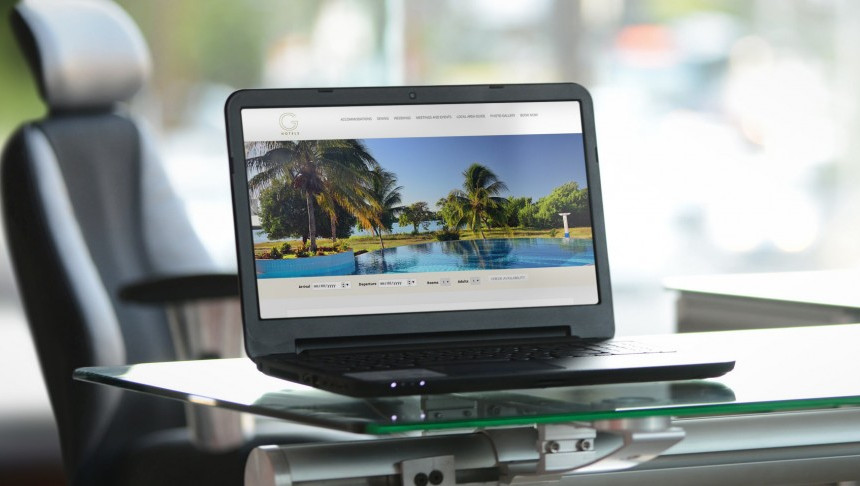
While the question might be straightforward, the answer is hardly clear-cut: “Does having a spa allow a hotel or resort to charge a higher ADR (average daily rate)?”
In preparing its “2015 Trends in the hotel spa industry” report, PKF Consulting USA compared two groups of full-service properties—one group with a spa, one group without—and found that indeed the spa-equipped hotels/resorts had a higher ADR.
The report didn’t measure the amount of the increase, simply that properties with a spa carried a premium in rates.
But PKF’s managing director Andrea Foster, who directs the firm’s spa and wellness practice, cautions owners and developers not to assume causality.
“Our research doesn’t assume there’s cause and effect. There could be numerous other factors at play accounting for the increase, including location, target market, overall positioning in the market and so on,” she said.
At the same time, however, Foster believes that having a spa on site typically enhances a property’s appeal.
“There are more things to do, more ways for guests, both leisure and group, to spend their time. The value proposition is greater,” Foster said.
A number of New Castle Hotels & Resorts’ 20 properties offer spas, but not all spas are created equal, notes President and COO Gerry Chase.
“Some are major features of a property; ‘spa’ is included in the property name and is managed by the owner and operator of the property,” he said. “They’re integral to the property’s identity. By contrast, other spas would be more of an amenity, still valued, but ‘spa’ wouldn’t be part of the property name and, typically, would be operated by an outside vendor on a lease arrangement.”
The former type would be more likely to benefit from a bump in ADR, Chase said.
Similarly, on the group side, a well-designed and well-managed spa can have a positive effect on ADR, especially for incentive and other leisure-oriented groups, according to Ted Davis, chief sales and marketing officer for Benchmark Hospitality International.
“A spa on property brings a lot of ancillary value. For incentive and meeting planners, it’s a component that’s necessary in their programming,” Davis said.
Like New Castle, Benchmark has a number of properties in its managed portfolio that include a spa—with ‘spa’ both in the name and not. Davis also describes a perception factor attached to the presence of a spa. “There’s a certain panache to it, especially at the luxury tier,” he said. It’s true at destination resorts, but it also applies to the city hotel with an urban spa.
“We judge the (return on investment) through the revenue the spa generates via room bookings as well as special promotions such as spa packages,” he added.
For luxury, a must
From the on-site property perspective, Alex Attia, general manager of The Charles Hotel in Cambridge, Massachusetts, takes Davis’ point one step further. “For the luxury market, a spa is an absolute necessity.
Read full article at: Hotel News Now




